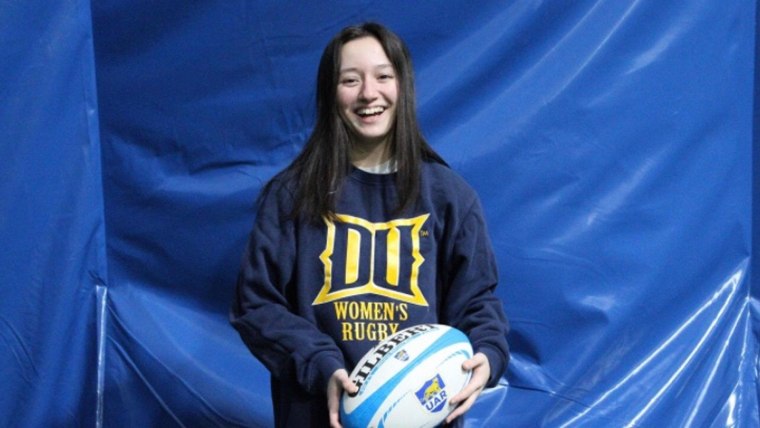Harvard University and the Massachusetts Institute of Technology filed a federal lawsuit Wednesday against the Trump administration over guidelines that would strip international students of their visas if their coursework was entirely online as the U.S. was still reeling with the coronavirus pandemic.
The lawsuit against the Department of Homeland Security and Immigration and Customs Enforcement seeks a temporary restraining order and preliminary and permanent injunctive relief against the Trump administration’s policy, which was announced Monday. The lawsuit is also seeking an order vacating the policy and a declaration that the policy is unlawful.
“On July 6, 2020, ICE announced that it was rescinding its COVID-19 exemption for international students, requiring all students on F-1 visas whose university curricula are entirely online to depart the country, and barring any such students currently outside the United States from entering or reentering the United States,” the lawsuit said.
“ICE’s action leaves hundreds of thousands of international students with no educational options within the United States,” the lawsuit said. “Just weeks from the start of the fall semester, these students are largely unable to transfer to universities providing on-campus instruction, notwithstanding ICE’s suggestion that they might do so to avoid removal from the country. Moreover, for many students, returning to their home countries to participate in online instruction is impossible, impracticable, prohibitively expensive, and/or dangerous.”
The Trump administration move was seen as a way to pressure universities to open their campuses during the pandemic.
“By all appearances, ICE’s decision reflects an effort by the federal government to force universities to reopen in-person classes, which would require housing students in densely packed residential halls, notwithstanding the universities’ judgment that it is neither safe nor educationally advisable to do so, and to force such a reopening when neither the students nor the universities have sufficient time to react to or address the additional risks to the health and safety of their communities,” the lawsuit said. “The effect — and perhaps even the goal — is to create as much chaos for universities and international students as possible.”
DHS and ICE did not immediately respond to requests for comment.
Ken Cuccinelli, the acting deputy DHS secretary, defended the policy during an interview with CNN Tuesday.
“If they’re not going to be a student or they’re going to be 100 percent online, then they don’t have a basis to be here,” Cuccinelli said.
“They should go home, and then they can return when the school opens,” he said.
On Monday, Harvard’s Faculty of Arts and Sciences announced plans to bring back up to 40 percent of its undergraduates back to campus, including all first-year students, for the fall semester. Meanwhile, MIT said only seniors will be invited back to campus this fall semester.













